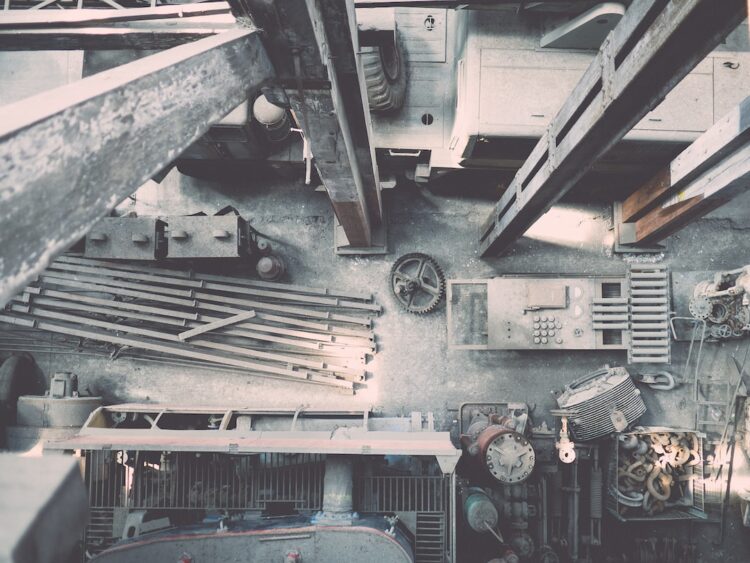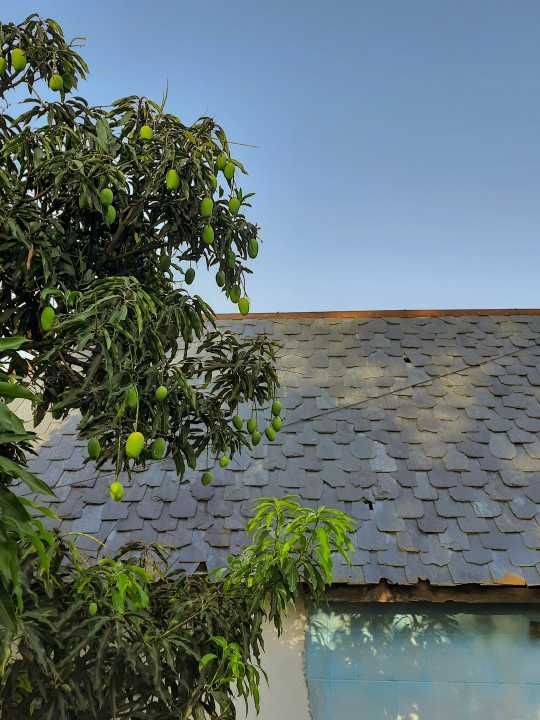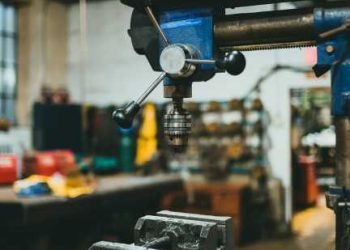Manufacturing has come a long way since the industrial revolution, and technological advances have changed the way we produce goods. From the early days of handmade products to the complex manufacturing processes of today, the evolution of manufacturing technologies has been a remarkable journey.
Handmade Products
The first manufacturing methods were primitive and revolved around handmade products. During this period manufacturing was limited by the skills of skilled craftsmen who worked alone or in small groups. Productivity was slow, and quality was directly linked to the skill of the craftsman.
Mass Production
Mass production is marked by the introduction of mechanization which revolutionized the manufacturing industry. The development of the assembly line marked the beginning of large-scale production. Henry Ford is credited with introducing the assembly line in 1913, which enabled the production of cars at an unprecedented rate. Mass production quickly spread to other industries, like textiles and food production.
Automation
Automation radically transformed the manufacturing industry by replacing human labor with machines. This led to an increase in productivity and consistency in the manufacturing process. Automation also reduced the cost of production, making goods more affordable. Automation technology such as robots and CNC machines has made it possible to produce complex goods that would have been impossible to manufacture manually.
Industry 4.0
Industry 4.0 is the fourth industrial revolution and builds upon the automation technology of the third industrial revolution. Industry 4.0 encompasses a range of technologies like the Internet of Things, big data, and artificial intelligence. These technologies have revolutionized the manufacturing industry by making it possible to have real-time data about production processes. This makes it possible to optimize the manufacturing process and increase productivity. Industry 4.0 technologies also enable manufacturers to mass-produce products that are customized to meet the specific preferences of customers.
3D Printing
3D printing is a disruptive manufacturing technology that is still in its early stages. It enables the production of goods through the use of digital files. When a product is 3D printed, the machine interprets the digital file and creates the product layer by layer. This technology is transforming the manufacturing industry by enabling the production of complex goods that would ordinarily be impossible to manufacture.
Conclusion
The evolution of manufacturing technologies has transformed the way goods are produced. The industry has come a long way since the early days of handmade products to mechanization, automation, and Industry 4.0. Each stage of development has had an impact on the manufacturing process, leading to increased productivity, affordability, and consistency of goods. The future of manufacturing technology looks bright, with 3D printing and Industry 4.0 set to revolutionize the industry further.












